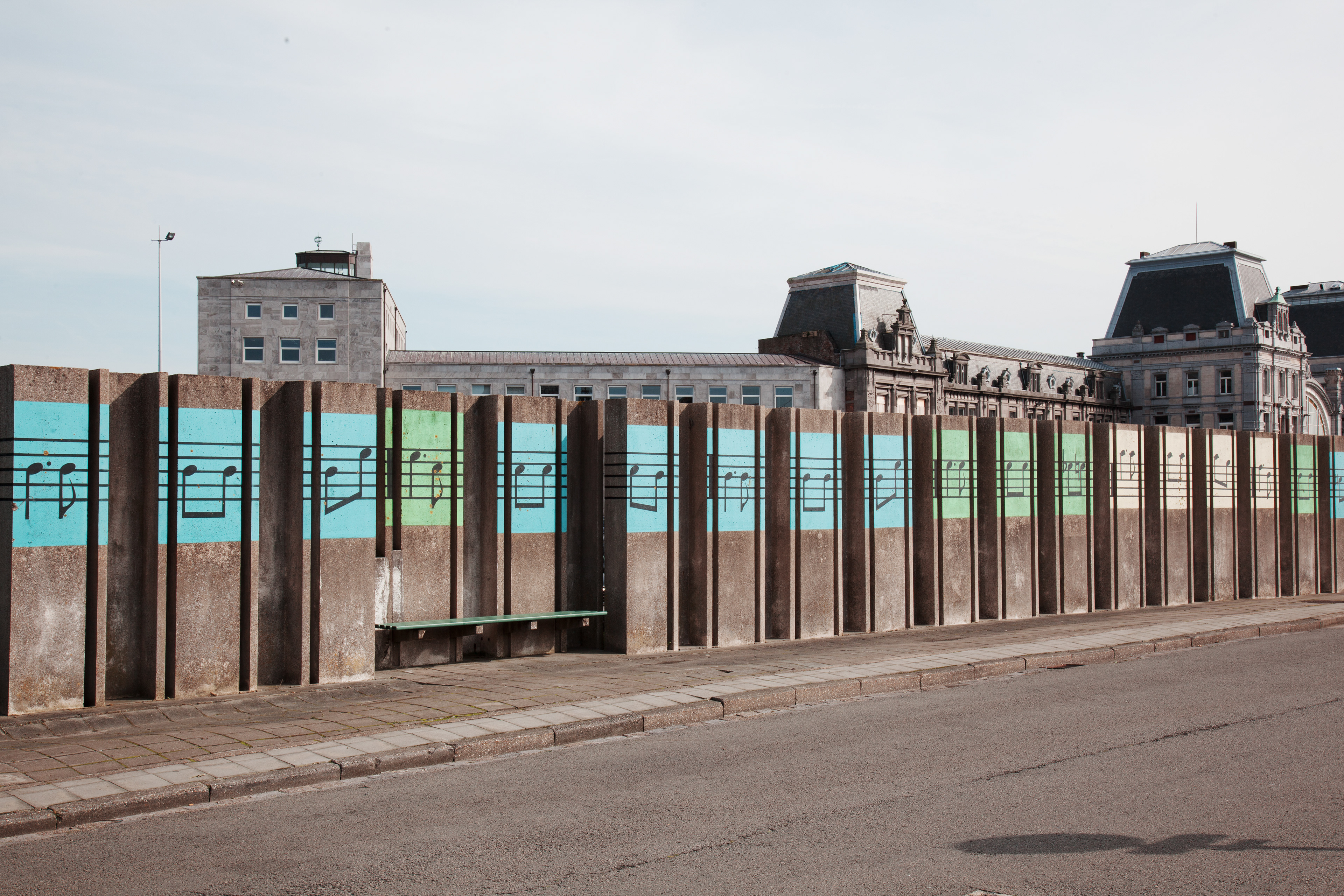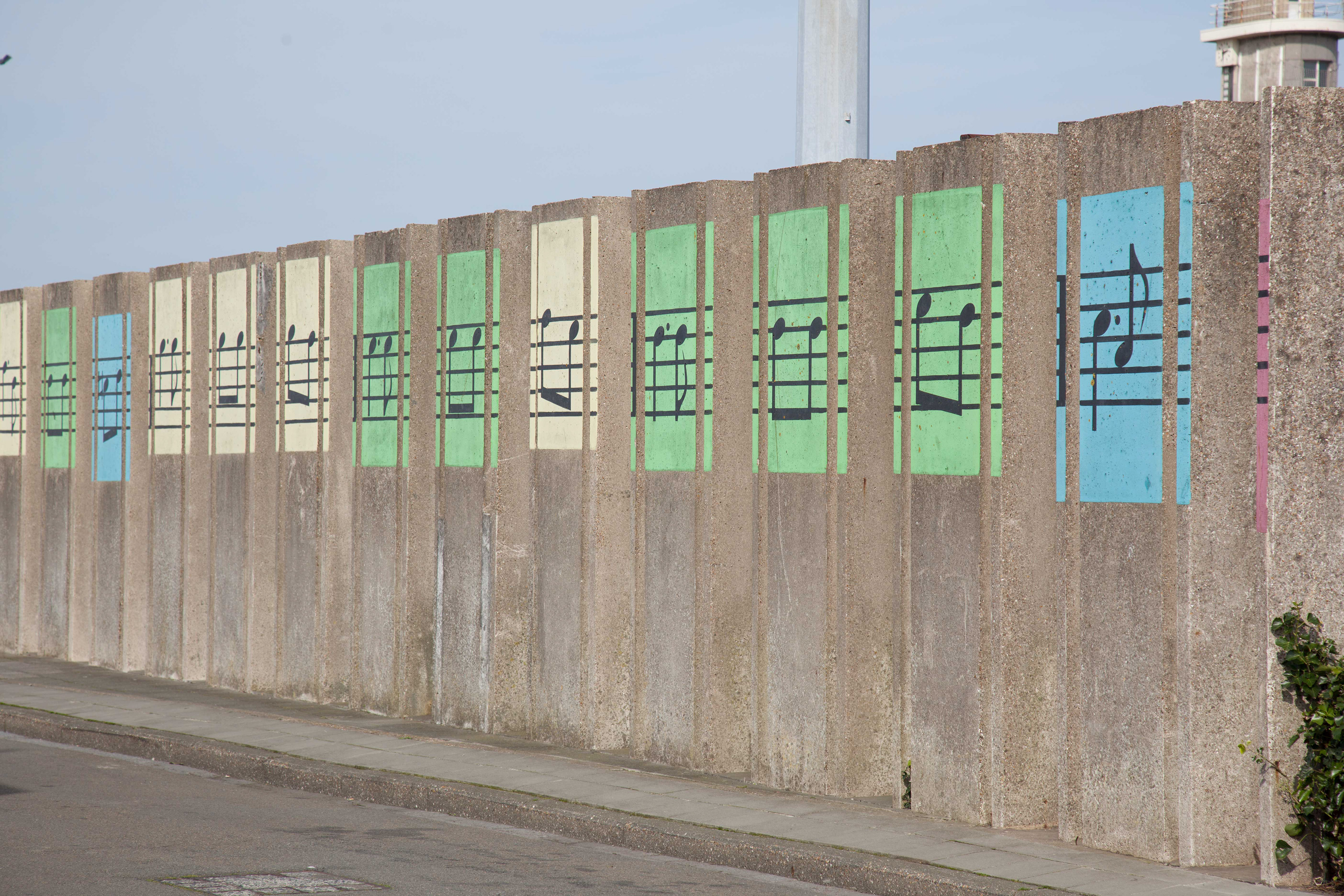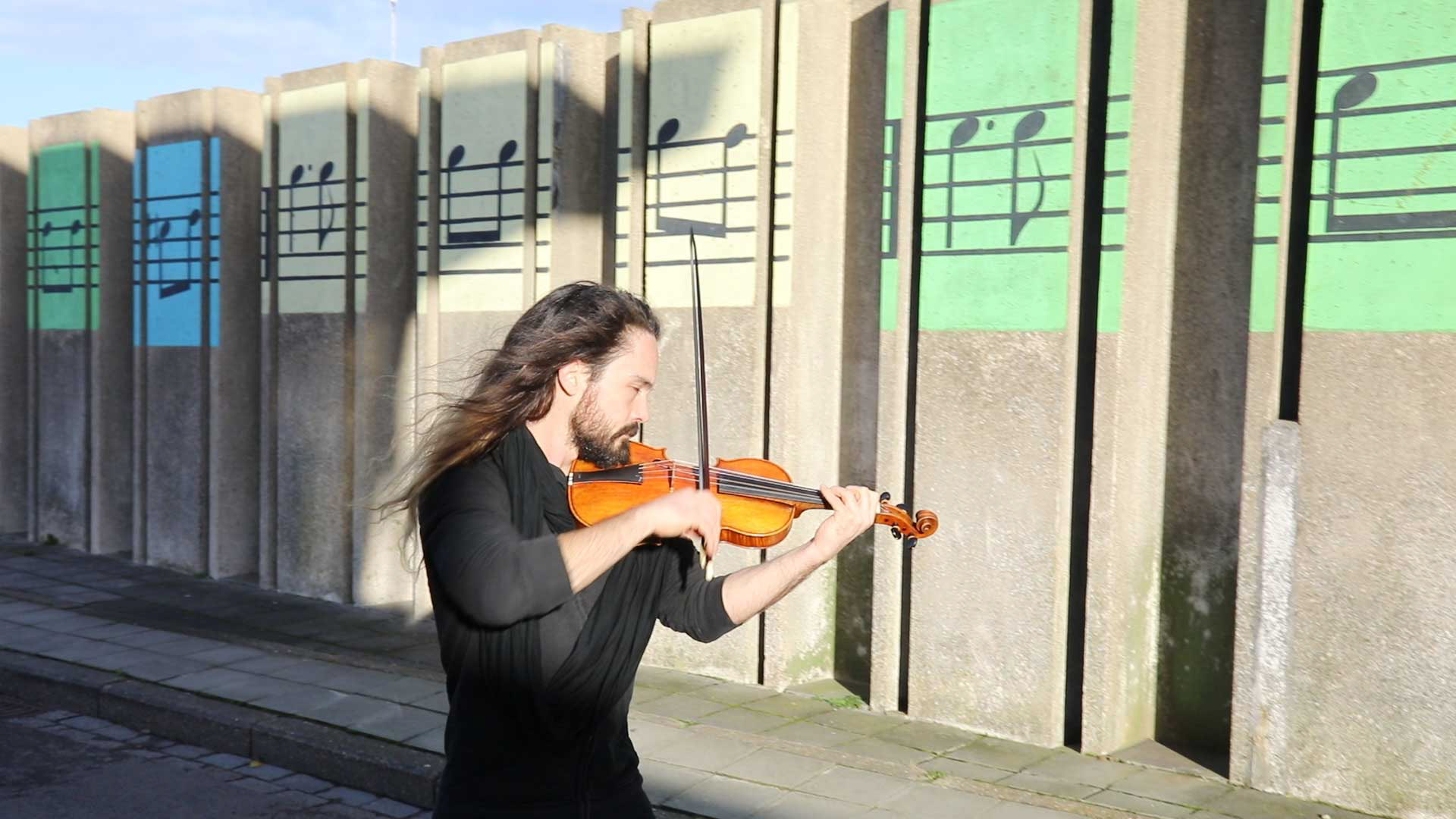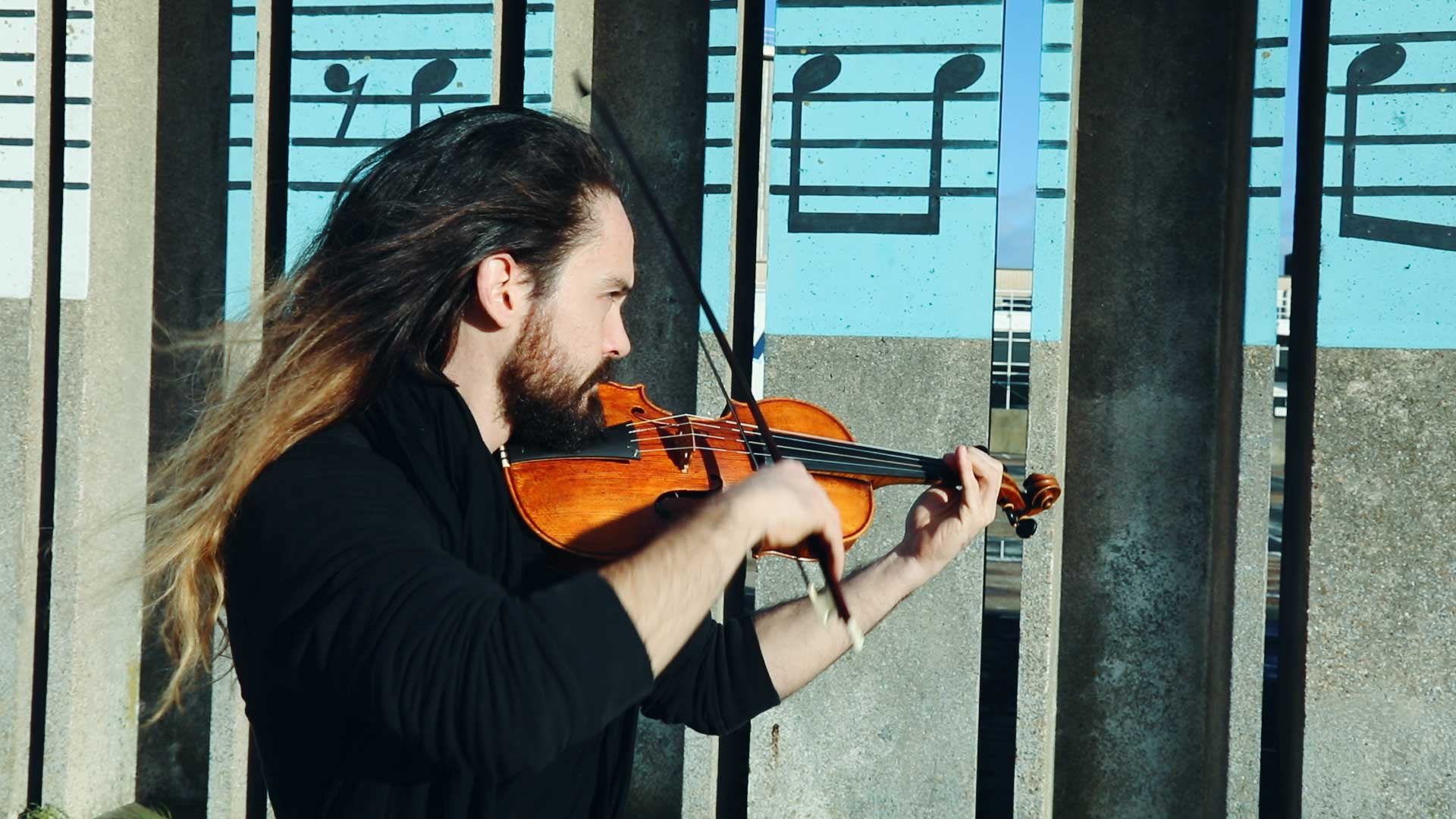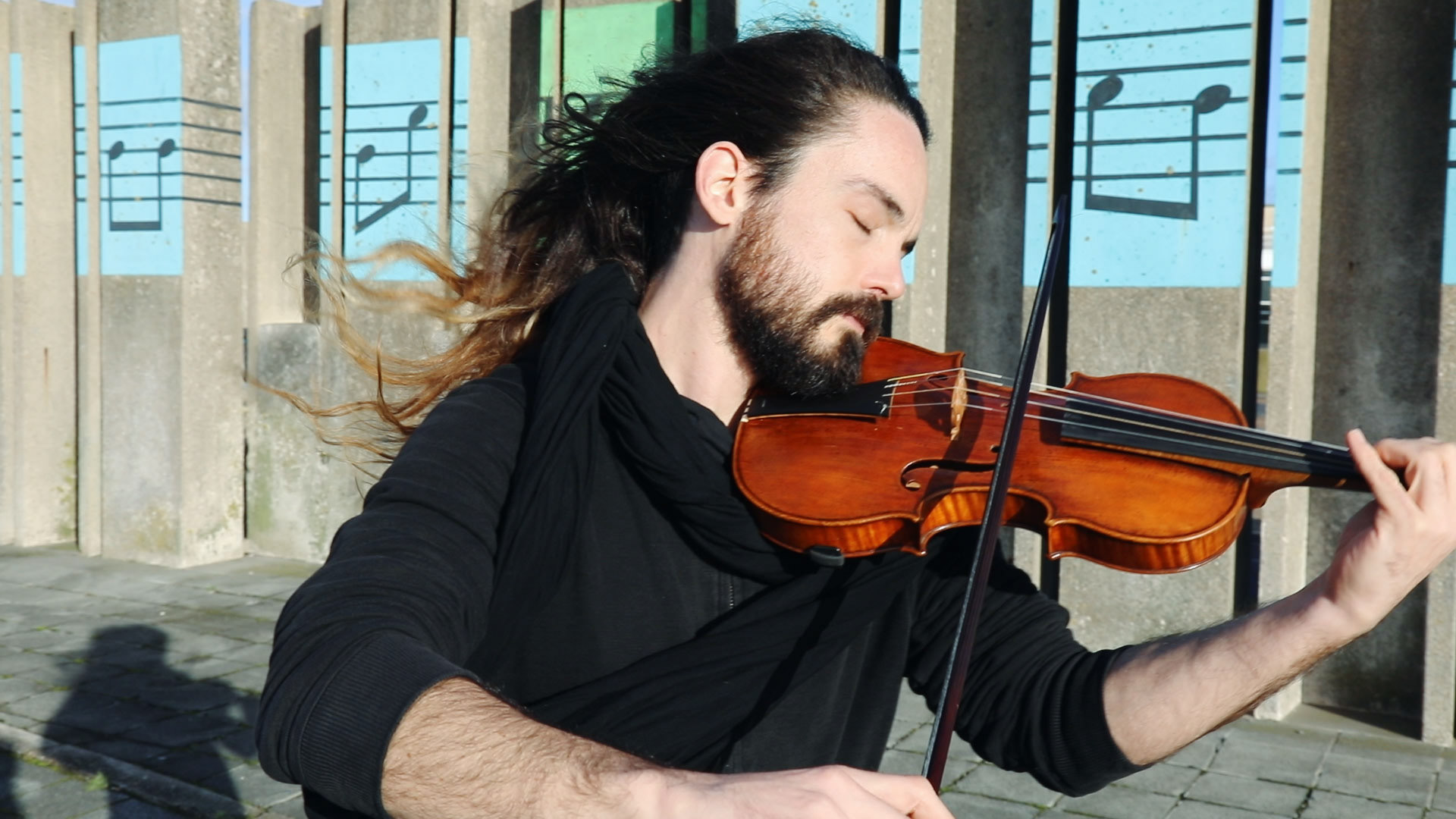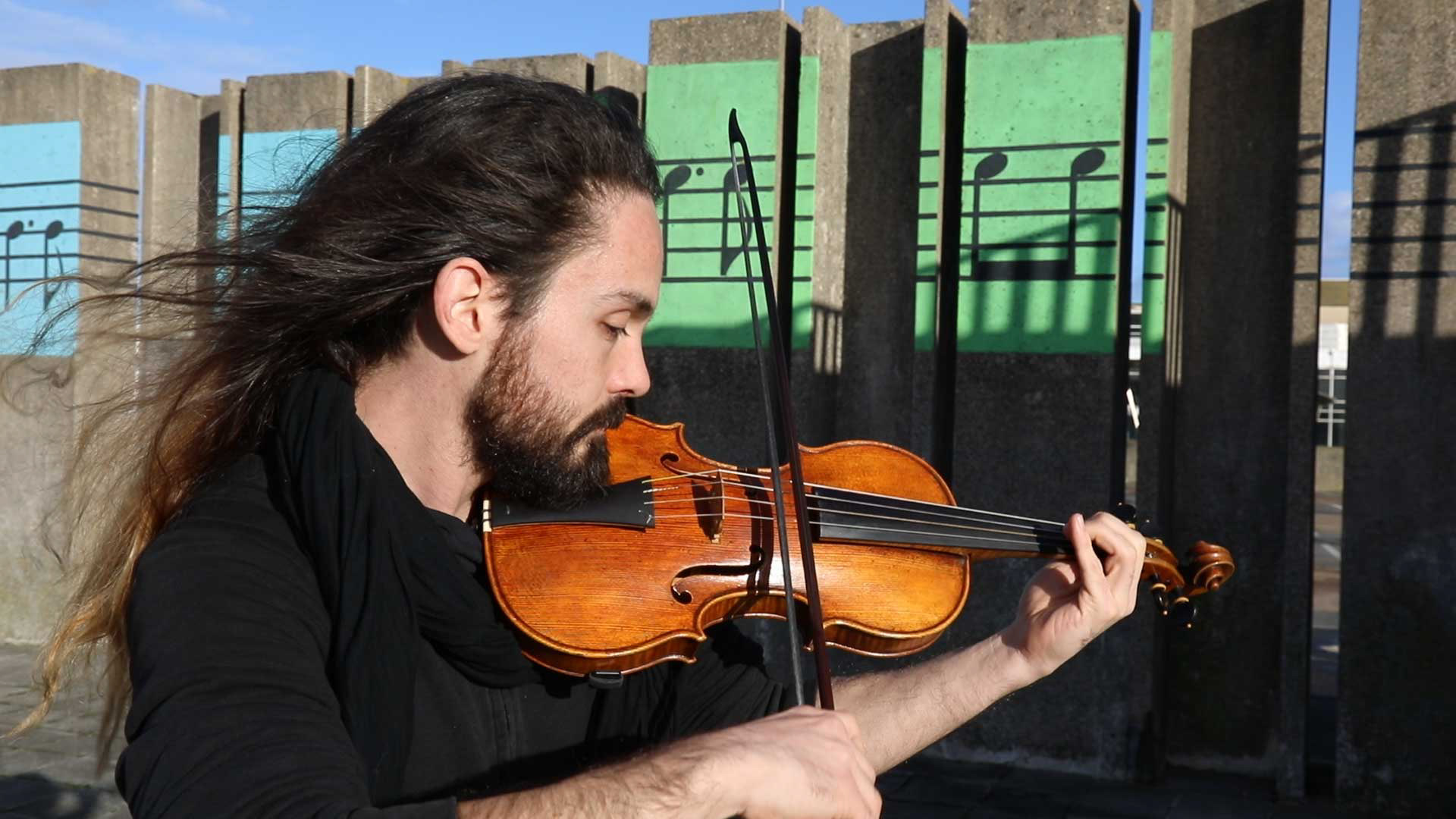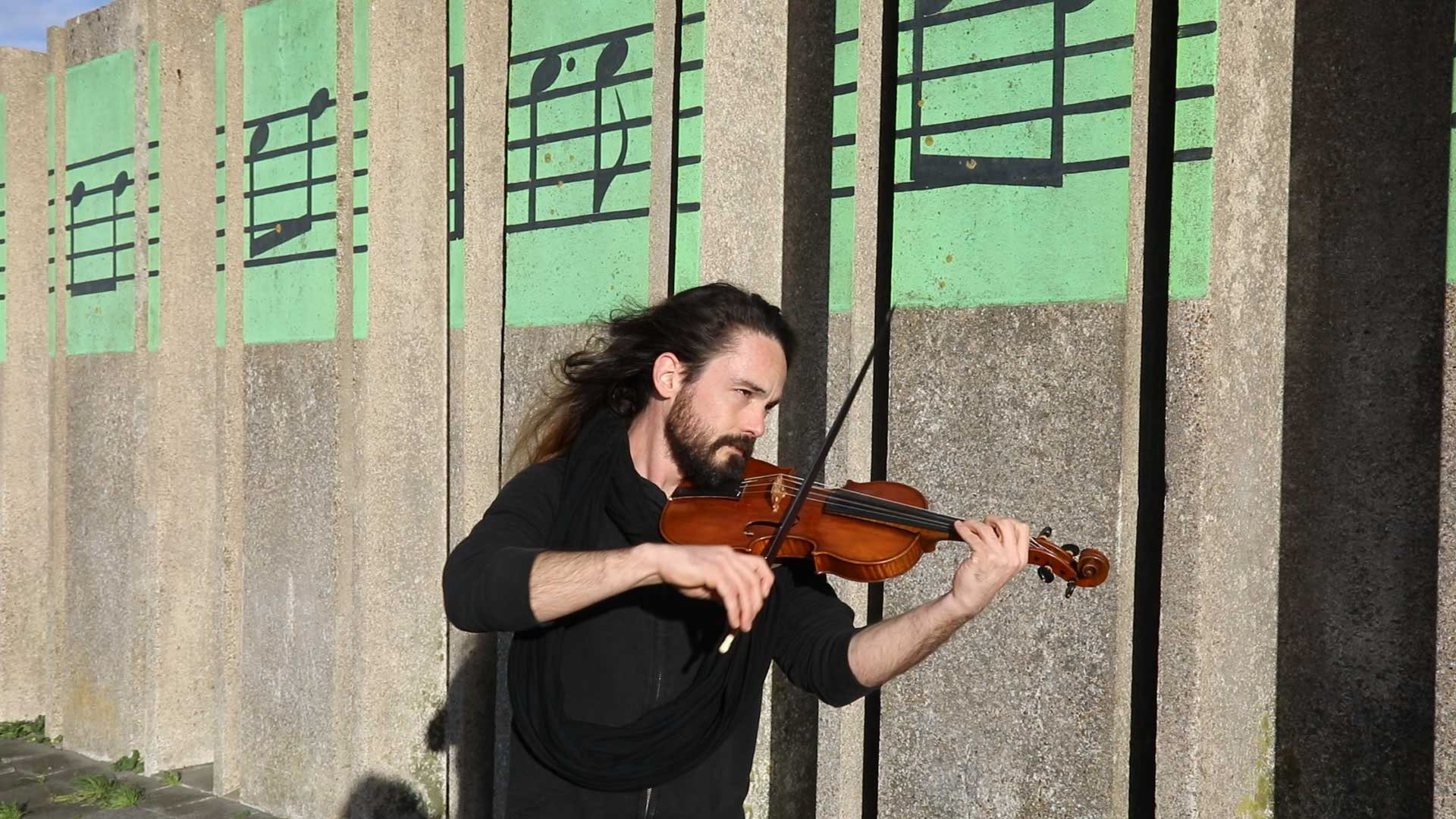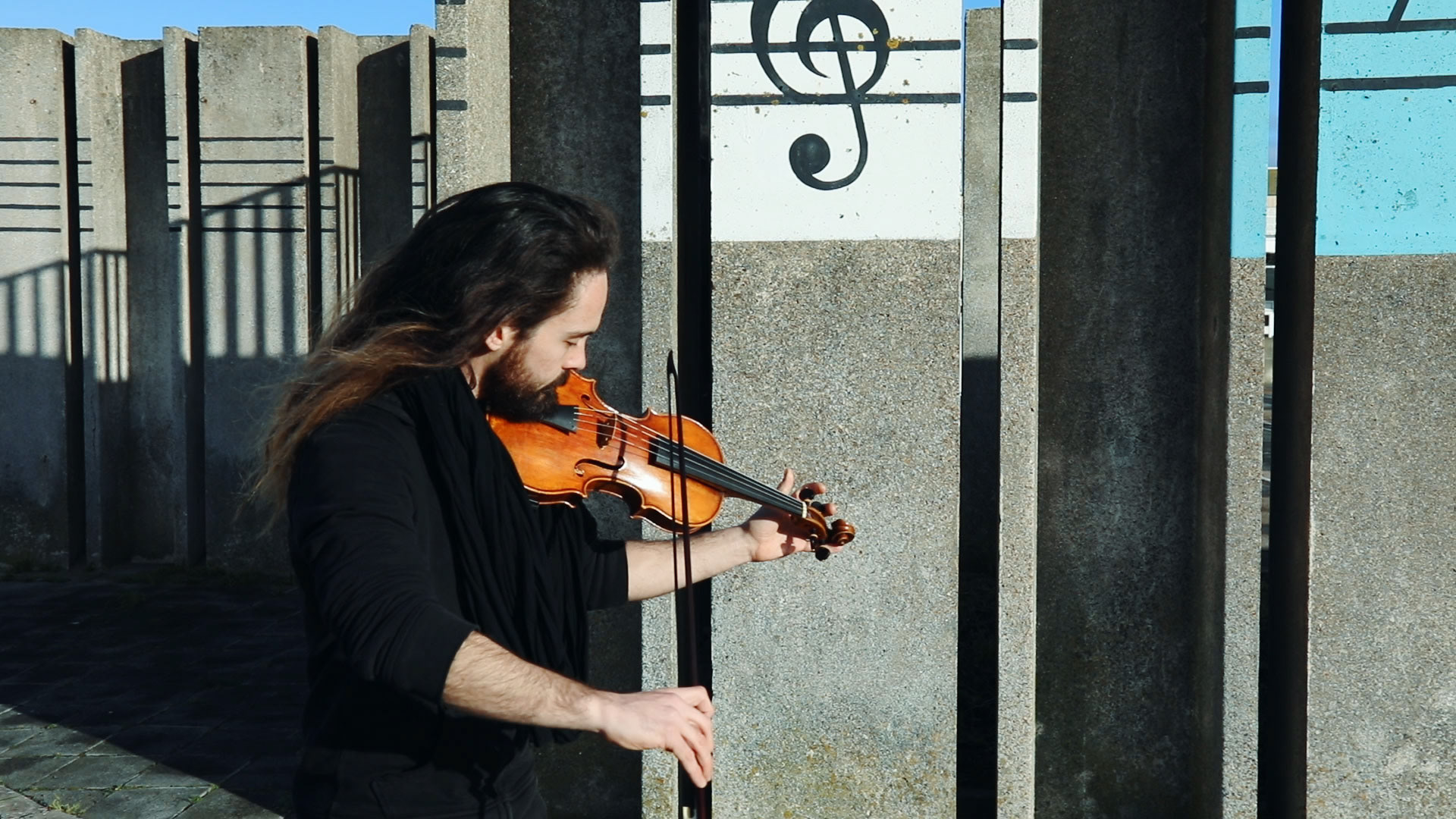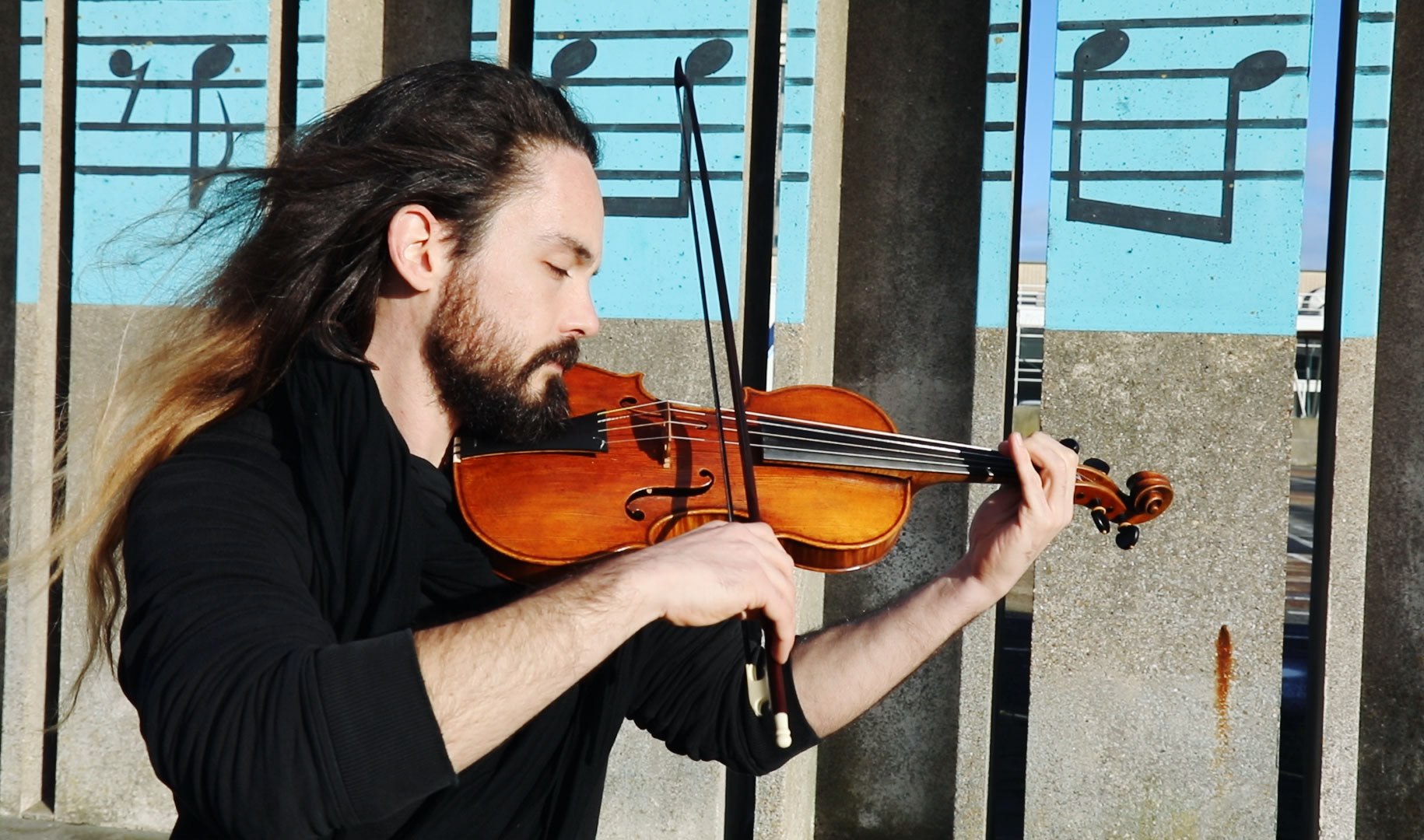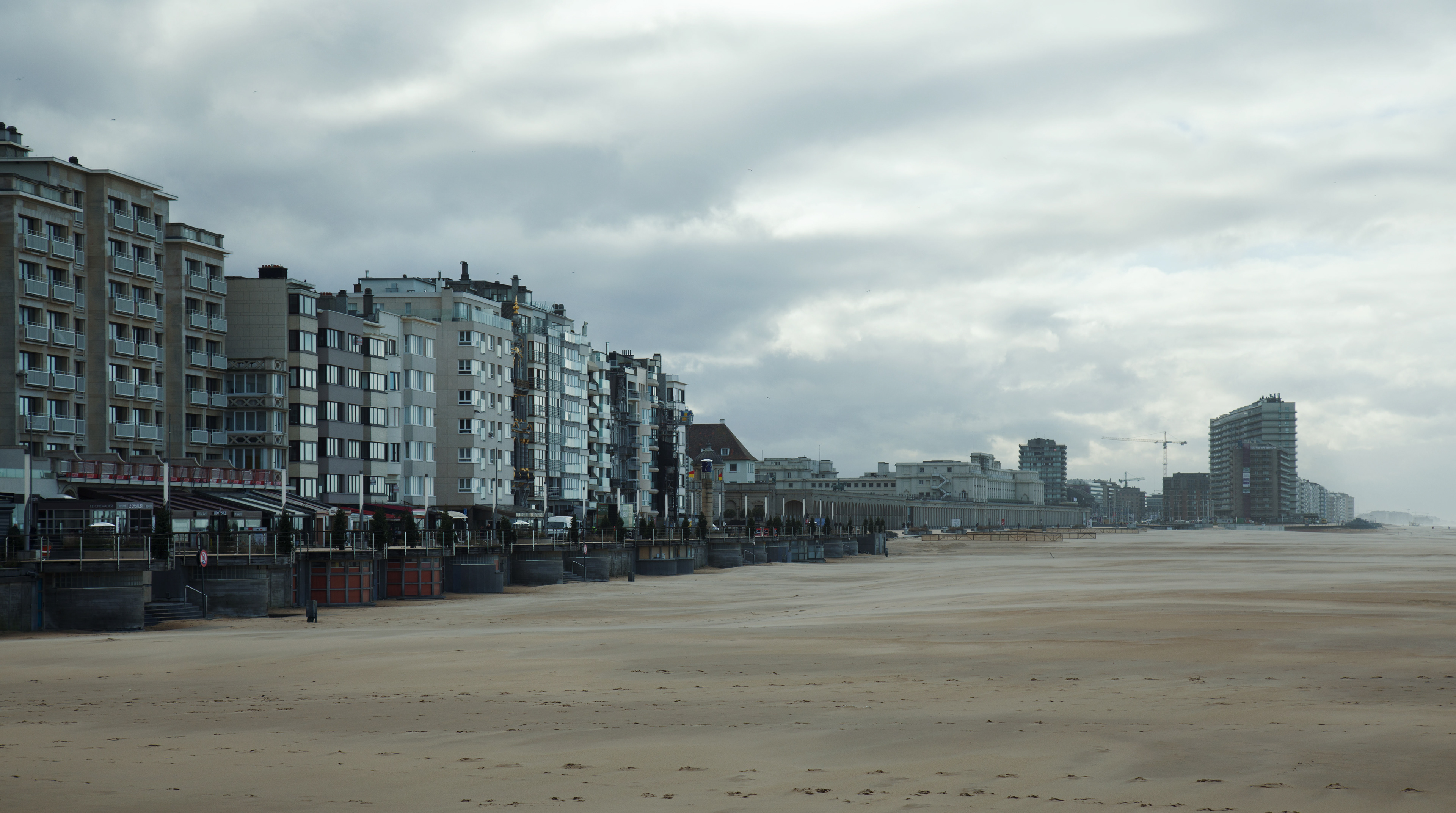2017 - ongoing, various media
sound: Sara Pinheiro, violin: Pierre-Henri Dutron, graphic: Carlo Clopath, additional camera: Kamen Stoyanov
A project about the Ostend Company, which was founded by Austrian Emperor Charles VI in 1722. At the time, Ostend was part of the Austrian South Netherlands. After the War of the Spanish Succession, the Southern Netherlands became Austrian territory. The Ostend Company was modeled after the successful models of the Dutch and English East India Companies, which were very profitable at that time. In Banquibazar, which is now Ichapore, the Austrians established one commercial post, or "colony.” Due to political pressure from England and the Netherlands, the company was short-lived.
Still, connection between Ostend and Austria can be found. For example, in Volker Weidermann”s book Ostende 1936: Sommer der Freundschaft one can learn about Stephan Zweig and Joseph Roth spending their summers there. The main historical sources I encountered are in French: Michel Huisman’s "La Belgique Commerciale sous L'empereur Charles VI, La Compagnie d'Ostende" (1902), and Norbert Laude’s "La Compagnie d`Ostende et son Activité Colonale au Bengale 1725-1730" (1944).
Both Huisman and Laude did extensive research in the archives in Ostend directly, which were destroyed during WWII. Although my work is piece of fiction it draws historical facts, such as the Ostend-Vienna Express luxury train.
Since the Ostend Company is an Austrian company and music is very, very important for Austrian self-image, music painted on a wall in Ostend are also connected to the company. These musical forms are the basis of what is known as "Ostender Variationen." The singing birds in the company logo refer to the company’s attachment to music.
exhibitions (where parts of the projected were presented):
- Excursies. Solo Presentation. Steiermark Haus, Brussels 2017
- Don´t call it off-space. Curated by Alexandra Grausan. das weisse haus, Vienna 2017
